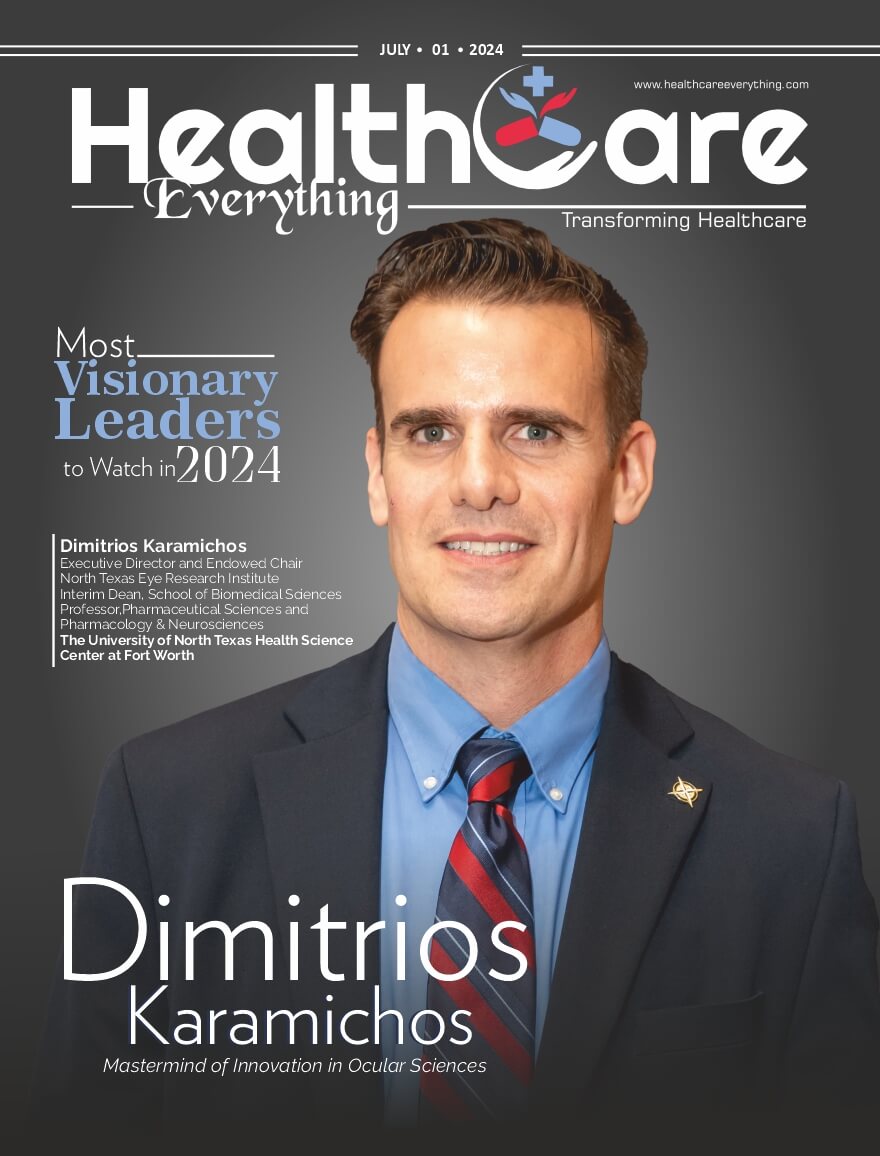Royal Philips and Vanderbilt University Medical Center (VUMC) have shared initial results of their collaboration to make VUMC’s radiology department more sustainable. The research, which began in May 2023, demonstrated that environmentally friendly initiatives can also be cost-effective. The assessment covered 13 diagnostic imaging devices, including MR, CT, ultrasound, and X-ray, revealing that circular business models, such as upgrades, can reduce the total cost of ownership of an MR system by up to 23% and carbon emissions by 17%. For CT, refurbished systems and equipment upgrades can contribute to reducing costs of ownership by up to 10% and 8%, respectively, and decreasing carbon emissions by 6% and 4%, respectively.
The assessment indicated that over ten years, the diagnostic imaging devices emit the CO₂ equivalent of approximately 1,000 gas cars driven for one year. More than half of the emissions from diagnostic radiology were caused by the energy used by scanners. Other contributors to carbon emissions included medical disposables, PACS (picture archiving and communication system), and linen production and laundry.
The study emphasized the significant role both technology and healthcare practitioners play in reducing overall greenhouse gas emissions. For instance, 44–75% of energy is used when the patient is not being scanned. Therefore, working with staff to improve patient scan efficiency and developing techniques to reduce carbon emissions between scans are crucial. Leveraging AI-enabled technology may help improve scanning efficiency, conserve energy, and reduce unnecessary scan repetition.
VUMC and Philips plan to implement prioritized interventions to reduce the carbon footprint of the radiology department. They also intend to share their findings in a scientific publication to facilitate knowledge sharing and further improvement of environmental strategies in the healthcare industry. The collaboration aims to address carbon emissions urgently and contribute to a more sustainable and healthier future.
Read More: Click Here







